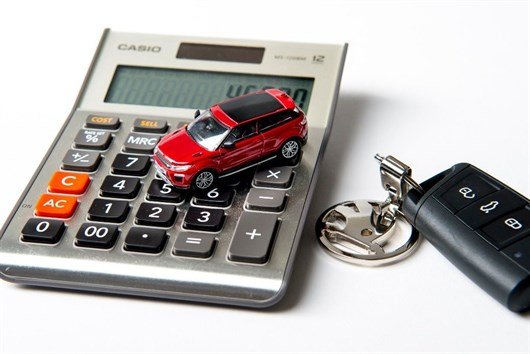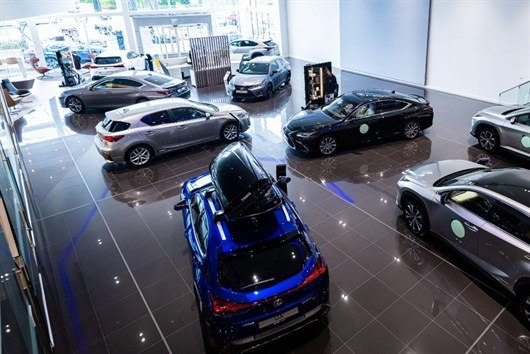UK new car market records its second successive month of growth

- New car sales grew by 4.6 per cent in September with 225,269 new registrations.
- Overall registrations are down 34.4% on the pre-pandemic average as the industry struggles with a shortage of semiconductors.
- The supply of new cars is predicted to be slow until at least mid-2023.
The number of new cars registered in the UK increased by almost five per cent in September, compared to the same month in 2021.
Dealerships sold 225,269 new cars in September, according to new data from the Society of Motor Manufacturers and Traders (SMMT), with growth driven by demand for the best hybrid and electric cars.
Electric car registrations were up 16.5 per cent on September 2021 with 38,116 new sales, while hybrid vehicles experienced a similar percentage uplift with 29,088 new registrations. Mild hybrid petrol cars saw the biggest percentage increase (28.8 per cent) while new diesel car sales continued their year-on-year decline with a 3.1 per cent fall in sales.
Market commentators have welcomed the market growth but warned the industry is facing a challenging reminder of 2022 against a backdrop of falling consumer confidence, high energy costs and a global shortage of semiconductors.

Could we be seeing a run on new cars?
Karen Johnson, Head of Retail & Wholesale at Barclays Corporate Banking believes the UK is seeing a small 'run on new cars' as buyers bring forward planned purchases and look to beat future interest rate hikes.
"Dealers across the country have reported surging demand in recent weeks as buyers look to get ahead of rising interest costs. Whilst we have seen some short term relief on supply allowing dealers to meet the back-log of orders, there are still significant delays to contend with going forward," says Johnson.
“Looking ahead, dealers will be worried about the long term impact of rising finance costs on demand for new cars – but for now they’ll just be celebrating their first positive month since February.”
Concerns for the long term health of the UK's new car industry are shared by Chris Evans, Head of Sales at heycar. According to Evans, many dealers are seeing six, if not seven, figures rise in their energy bills at their sites and many say they will need to cut back on operations to survive the winter.
"Despite government assistance announced in the mini-budget, energy bills have once again risen this month, putting many dealership groups in a difficult position...That is why more needs to be done to help this often overlooked industry during these difficult times," said Evans.

"The overall market remains weak"
While year-on-year new car registrations were up over September 2022, it's important to note that car sales in September 2021 were the industry's weakest on record since September 1998. As a result, overall registrations are still one-third below pre-pandemic levels as the industry continues to battle issues constraining supply.
Mike Hawes, SMMT Chief Executive, said: "The overall market remains weak...supply chain issues continue to constrain model availability. Whilst the industry is working hard to address these issues, the long-term recovery of the market also depends on robust consumer confidence and economic stability."
According to the latest figures from the Office for National Statistics, the Consumer Prices Index rose by 8.6 per cent in the 12 months to August 2022 - down from 8.8 per cent in July. The upward contributions to the inflation rate came from housing and household services (principally from electricity, gas and other fuels) followed by transport fuel costs and food.
The British Chambers of Commerce predicts inflation to reach 14 per cent in the final three months of 2022, before slowing to an average of five per cent in 2023 and then reaching the Bank of England's target of two per cent in 2024.
How many new cars were sold in September 2022?
The UK recorded 225,269 new car registrations in September 2022 up 4.6 per cent on September 2021. However, while this was a 9,957 unit increase on last year, it's important to note the industry recorded its weakest September in 2021 since 1998. As a result, the market in September 2022 was down by a third on its pre-pandmic average.
When will the supply of new cars in the UK return to normal?
New car supply in the UK isn't expected to return to its pre-pandemic level until mid-2023 at the earliest. Until then, car buyers can expect long waiting times (up to eight months) for the delivery of a new car order. Now could be a good time to be on the look out for the best used car deals and offers.
Should I reject a car without a full service history?

Is it normal for engine bay to be partially painted?


